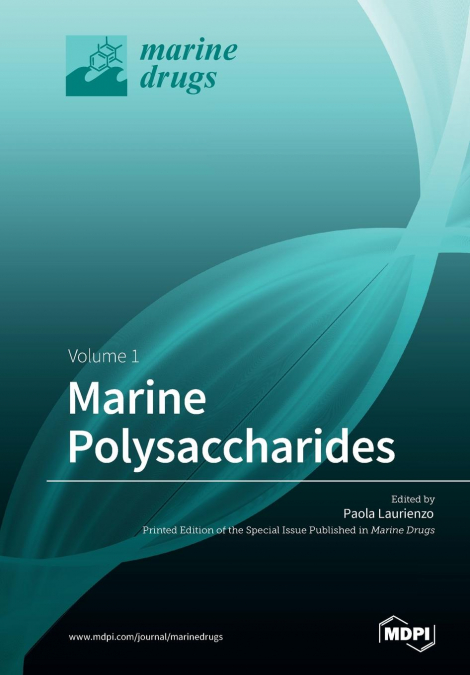
Paola Laurienzo
The field of marine polysaccharides is constantly evolving, due to progress in the discovery and production of new marine polysaccharides. Seaweed remains the most abundant source of polysaccharides, but recent advances in biotechnology have allowed the production of large quantities of polysaccharides from a variety of micro-algae, by controlling growth conditions and tailoring the production of bioactive compounds in a bioreactor. Of particular interest are polysaccharides produced by micro-organisms from extreme marine environments, due to their recognized different biochemistry. Extracellular polysaccharides (EPSs) with unique properties produced by a number of micro-algae are known. The first volume is a collection of papers concerning the identification and characterization of novel marine polysaccharides. It is divided into three chapters; the first two are dedicated to polysaccharides from different marine sources (algae, micro-algae, animals), while the third one gathers information on the isolation, characterization and bioactivity of new EPSs.